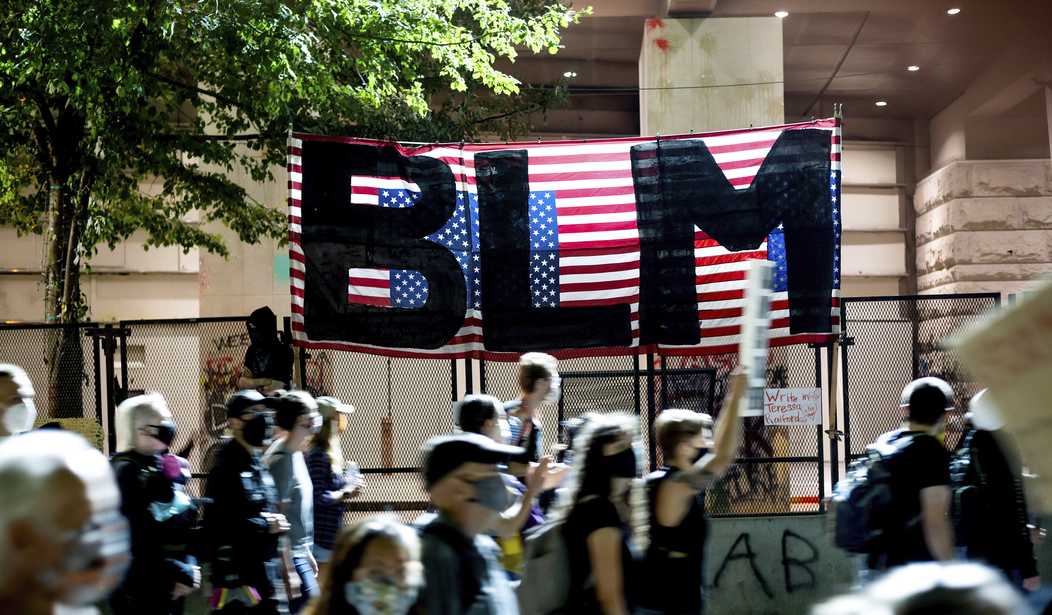If you’re old enough to remember grunge music (and/or ever wore a flannel shirt while sprouting nanny-goat chin hairs), then today’s Free Speech debate is kind of confusing. It wasn’t supposed to be this way.
Back in the '70s, '80s, or '90s, if there was a Free Speech debate, conservatives were usually on the side of censorship. Not always (and naturally, there were exceptions — prominently among them Al Gore’s wife), but during most of these conflicts, it was the Republicans who were lobbying private companies, government agencies, or advertisers to block certain people or ideas from the airwaves.
And it was a target-rich environment.
There were campaigns against rockers who were suspected of worshiping the Devil (corrupting young minds with secret, backward messages). There were efforts to ban comedy routines. Hollywood movies (including Starlord’s favorite film, “Footloose”) frequently pitted stodgy old conservatives against free-speaking kids. There were boycotts against radio “shock jocks” for making vulgar jokes. There were pressure campaigns against the sellers and distributors of rap music. Who can forget conservative icon Charleton Heston reciting gangsta rap lyrics, to shame Time Warner shareholders?
And each time, the cultural narrative was the same: Liberals supported free expression, while conservatives were the ones covering their eyes and plugging their ears while trying to force everyone else to do the same.
Back then, there was a great scarcity of mass communication platforms. Before the Internet and social media, the only outlets that could reach the masses were print, radio, and TV. In most media markets, there were only a handful of meaningful outlets anyway: Maybe a daily paper or two, a few local TV channels, usually a dominant news-talk radio channel. That was about it for political discussions. After that, you were left with niche one-offs, hoping to cobble together enough minnows to make a halfway decent PR meal.
Realistically, if you didn’t have access to the major outlets, your message wasn’t seen or heard.
And guess who had a near-monopoly on those outlets? Hint: It ain’t called the “liberal media” for nothing.
At the time, these media outlets controlled what was printed, published, or broadcasted. If they didn’t like it, their audience didn’t see it. The media system was a gatekeeper system: Unless you’re approved by the right editor or reporter, then you’re barred from reaching their audience.
And the gatekeepers were liberals.
So back then, you bet the liberals supported Free Speech! Why wouldn’t they? The liberals controlled the speech!
All of it.
For a very long time, they controlled talk radio, too. The Fairness Doctrine lasted until Ronald Reagan’s final term, and while it stood, conservative speech was under liberal lock and key. It’s not coincidental that the Fairness Doctrine ended in 1987, and Rush Limbaugh went national in 1988.
Related: Mega-Dittos: Today’s the Anniversary of the Greatest Moment in Radio History
It’s only when their media monopoly began to collapse that liberals turned their backs on Free Speech. First, they tried to ban Rush Limbaugh with “Hush Rush” legislation, and then they launched boycotts of his sponsors.
Sure, the ACLU would still do performative Free Speech work, such as protecting the rights of Nazis to hold public rallies (yay?), but when it came to actions that actually affected mainstream political discourse, it fled from the battlefield. (It’s interesting: The ACLU was uncompromisingly absolutist on the First Amendment but entirely indifferent on the Second. Guess not all civil liberties were created equal, eh?)
Their Free Speech façade was fading by the mid-'90s, but it wasn’t until the Internet exploded that the liberals turned wholesale against free expression. Websites like the Drudge Report were one thing; the absolute final straw was social media. Suddenly, anyone could say anything about anyone, and there was nothing you could do to stop them.
At long last, conservatives had a seat at the media table, too.
We could even create our own media (cough, PJ Media, cough)! And now, if a major media outlet like CBS wanted to run a news segment with something like, oh, I don’t know, ridiculously fake military documents right before a presidential election, the power of conservative media could hold its feet to the fire — and get Dan Rather fired.
Before the Internet, the problem was scarcity. But now? According to liberals, the new problem is abundance: There’s too much noise! Too much misinformation! Too many voices! (Not to mention the WRONG voices.)
Sadly, it never was the case that liberals supported Free Speech. They just supported liberal speech. Always have.
It’s the conservatives who switched sides, not the liberals.
In the '80s and '90s, conservative attacks on Free Speech were the desperate flails of disenfranchisement. Since liberals had a media monopoly, they also had a monopoly on popular culture. Attacking liberal excesses was a conservative attempt to influence America’s cultural decay even at the margins. It was all we had.
That’s not true anymore, and the liberals don’t like it. And they want it banned.










Join the conversation as a VIP Member